The organic label refers to how farmers grow and process their produce. The MAPAQ (Ministry of Agriculture, Fisheries and Food (1) ) website states: an organic food product is produced using a production or processing method focused on environmental protection, maintaining biodiversity, and respecting natural cycles. An organic crop must be free of: pesticides and synthetic chemical fertilizers, GMOs, antibiotics and growth hormones, irradiation, and chemical preservatives. Organic farmers are therefore required to strengthen soil health, help protect water quality in their region, and contribute to a more sustainable food system.
According to a recent report by MAPAQ (2) , only one of the 93 samples of Quebec organic products submitted for laboratory analysis exceeded the threshold at which the result of a pesticide residue is considered positive. And for imported organic products: out of the 169 samples of different products analyzed, 21 demonstrated the presence of synthetic pesticide residues. This demonstrates the effectiveness of the control system in Quebec which aims to enforce standards for organic products.
This is good news for the Quebec organic sector, which can be pleased with the results obtained in this analysis, since this report indicates that the requirements of organic standards are taken seriously and are well respected by Quebec's 2,850 agricultural businesses. It's also good news for all those who want to consume more and more organic products, as more than 12,800 are already available.
Here are some reasons why we might choose to buy organic products:
- Avoid health risks
The best strategy is to reduce your exposure to these harmful chemicals. For those who have the opportunity to grow a garden, deciding to grow your own produce at home using organic seeds can be a good idea.
.
- Supporting small businesses and preserving the environment
Sometimes organic products can cost more, (however, you have to look carefully in grocery stores, organic products are often offered at the same price as conventional ones) but when you buy organic products, you are mainly supporting small and medium-sized farms. During the summer, why not go for a walk in the public markets to get to know local farmers and their practices. It is important to remember that choosing food that has traveled thousands of kilometers to get here has the effect of greatly increasing greenhouse gas emissions!
Budget question!
The fact remains that not everyone has the time to grow a garden or the budget to stay 100% organic, but to help us choose conventional fruits and vegetables, the Environmental Working Group (EWG) provides an annual guide to organic products that lists the fruits and vegetables most affected by chemicals.
Reminder for 2019 (3) , here are those that were listed: strawberry, spinach, kale, nectarine, apple, grape, peach, cherry, pear, tomato, celery, potato.
Choosing organic options for these products is a big plus for your health. Experts at EWG (4) say the health benefits of a diet rich in fruits and vegetables outweigh the risks of pesticide exposure.
Frozen version?
Many budget-conscious consumers often check the frozen food aisles when purchasing fruits and vegetables. It has often been found that these organic products can be less expensive than fresh fruits and vegetables, especially out of season.
In any case, the fact remains that making good health choices is significant for the planet and all its inhabitants!
(2) https://www.mapaq.gouv.qc.ca/fr/Productions/Production/agriculturebiologique/Pages/alimentsbio.aspx
















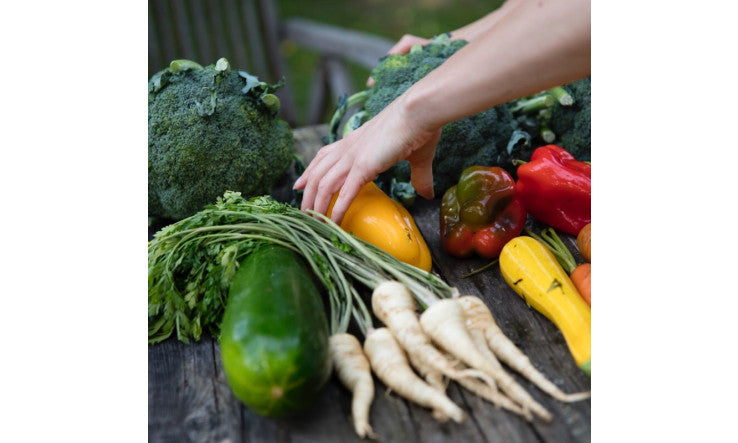
















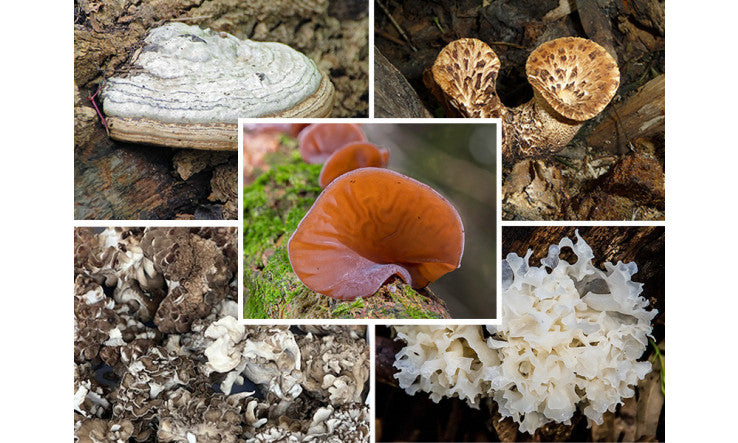














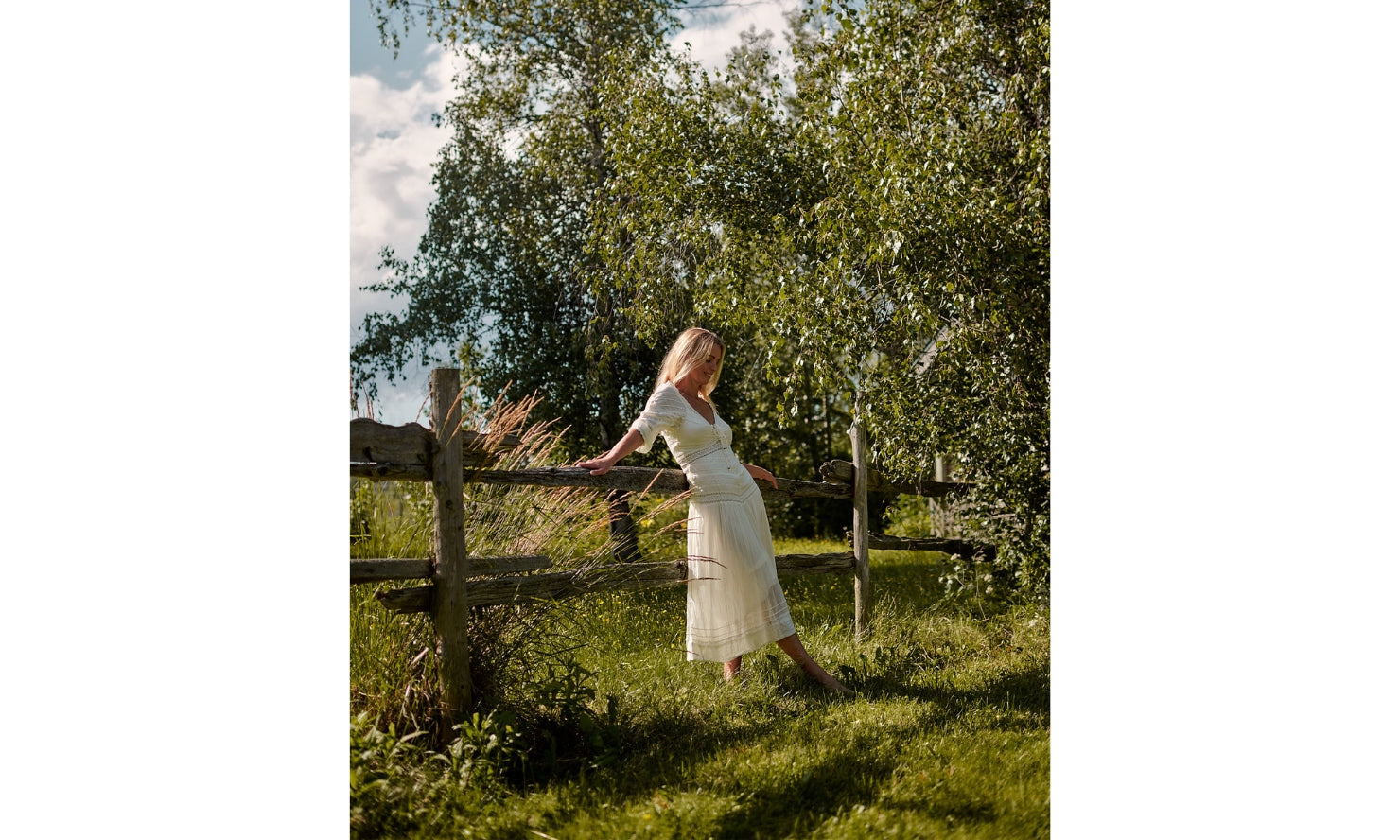
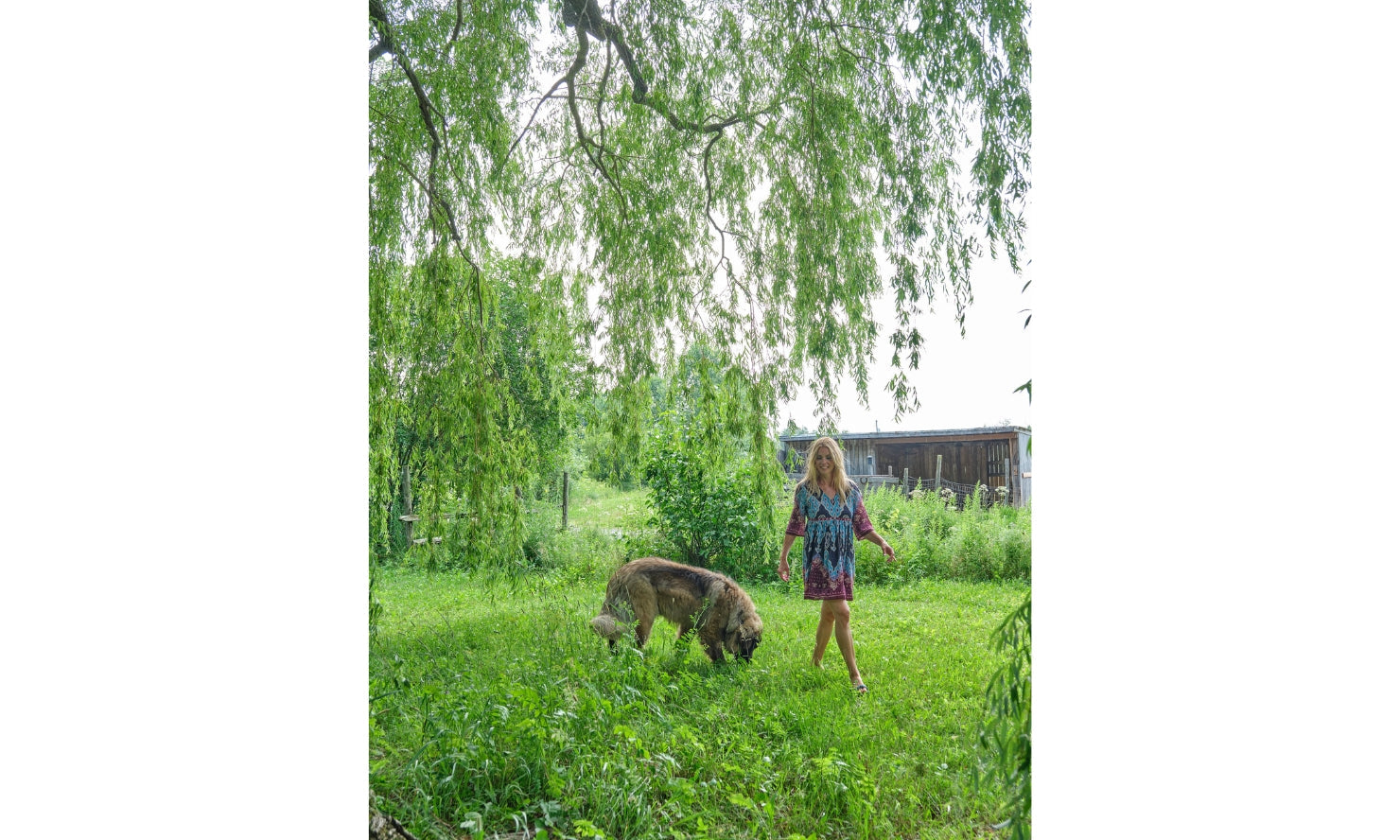

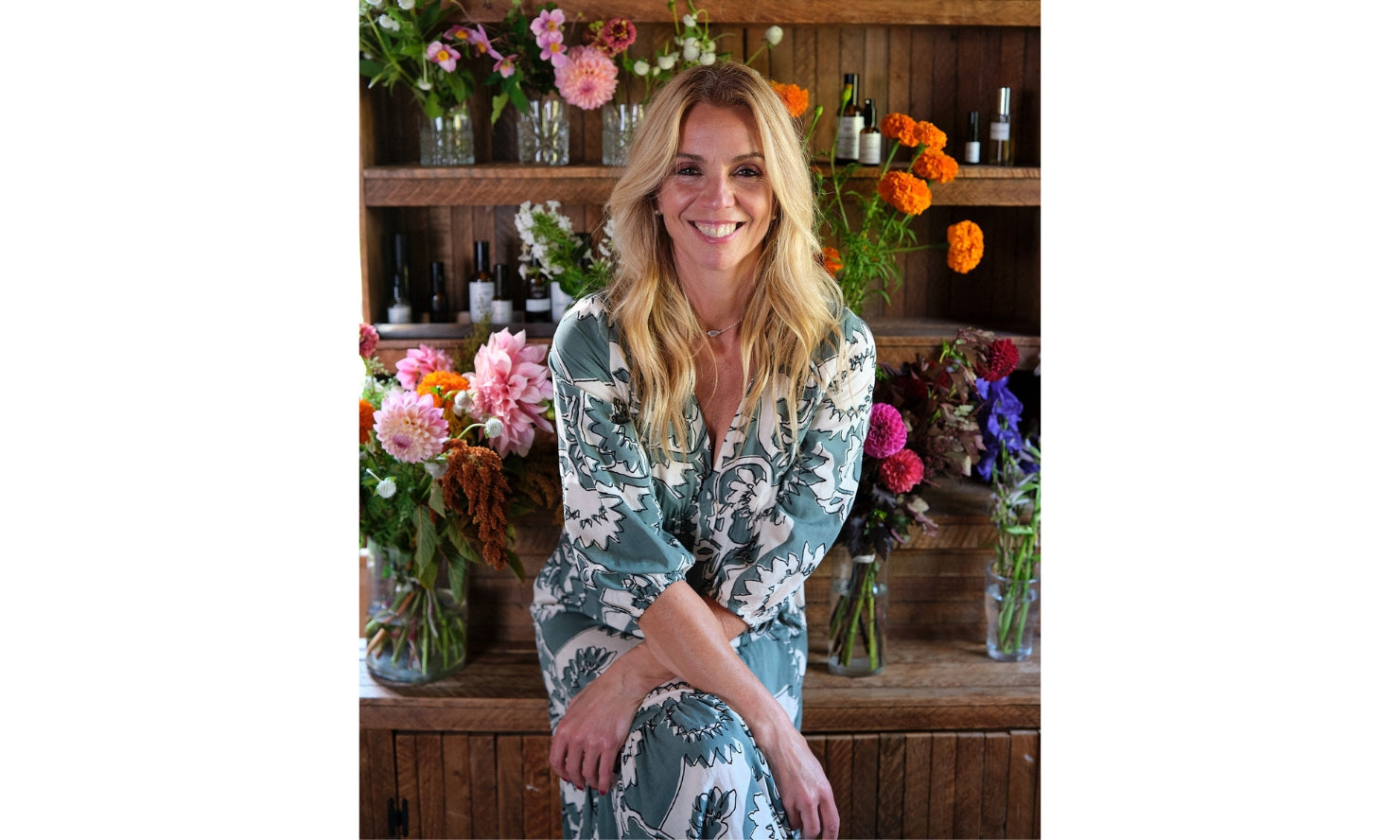
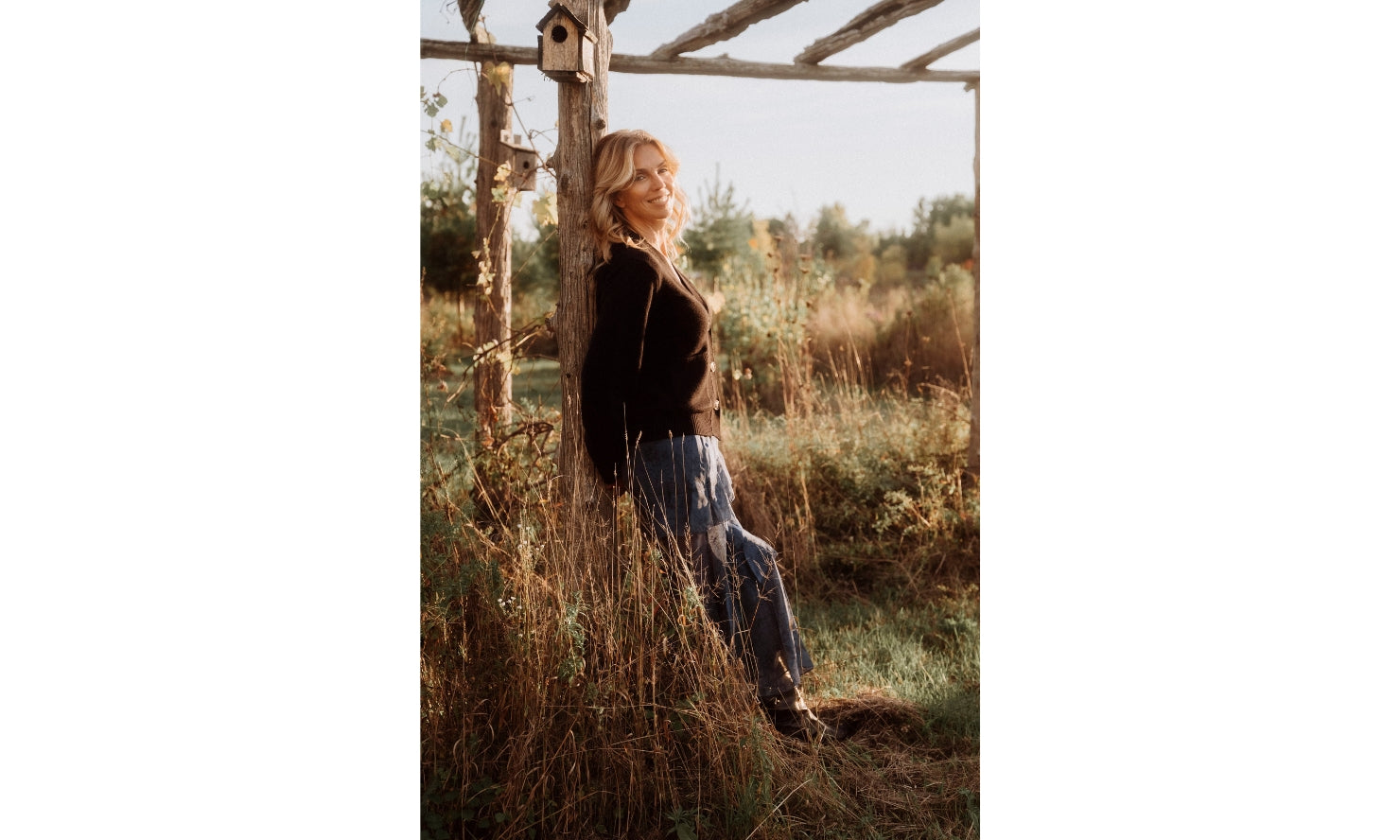


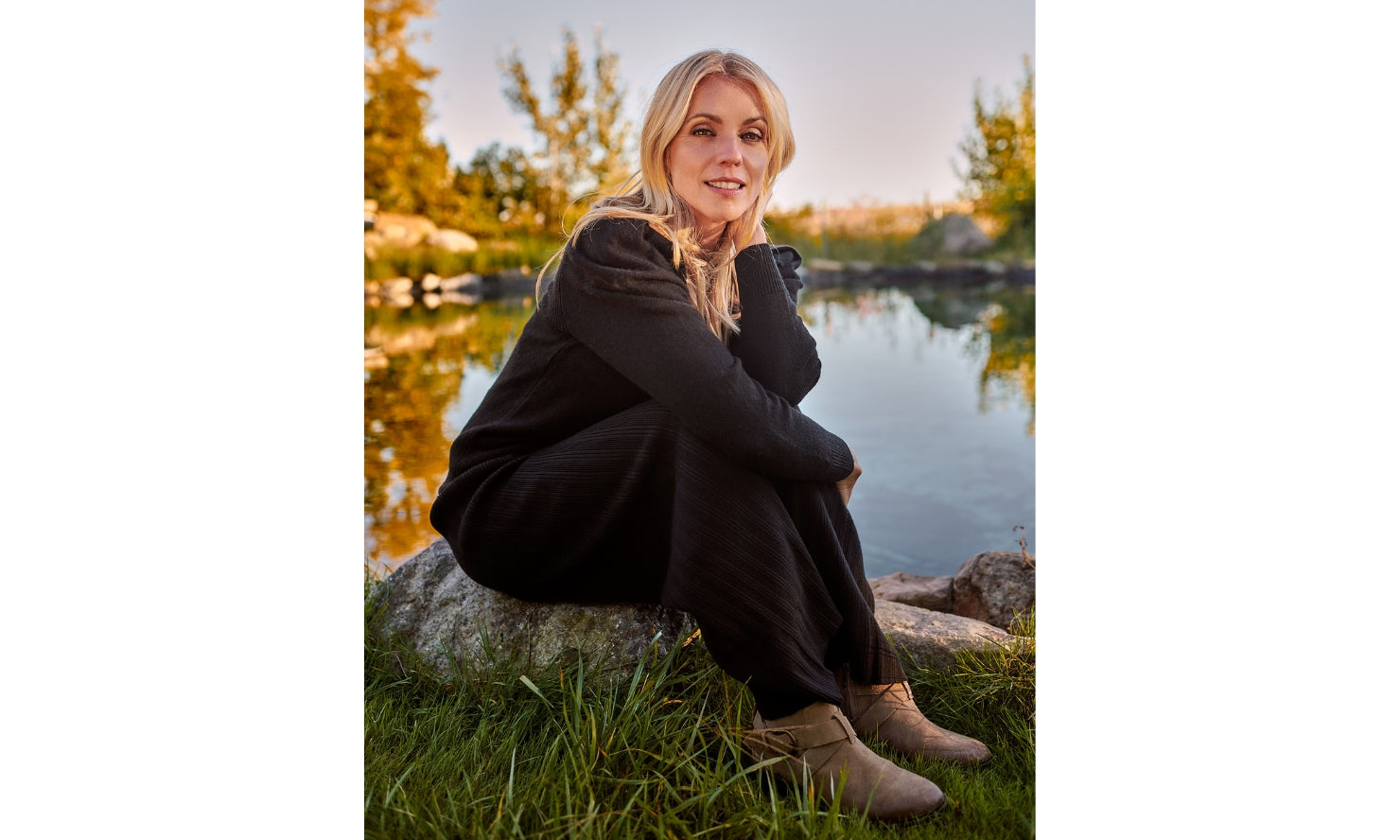










Leave a comment